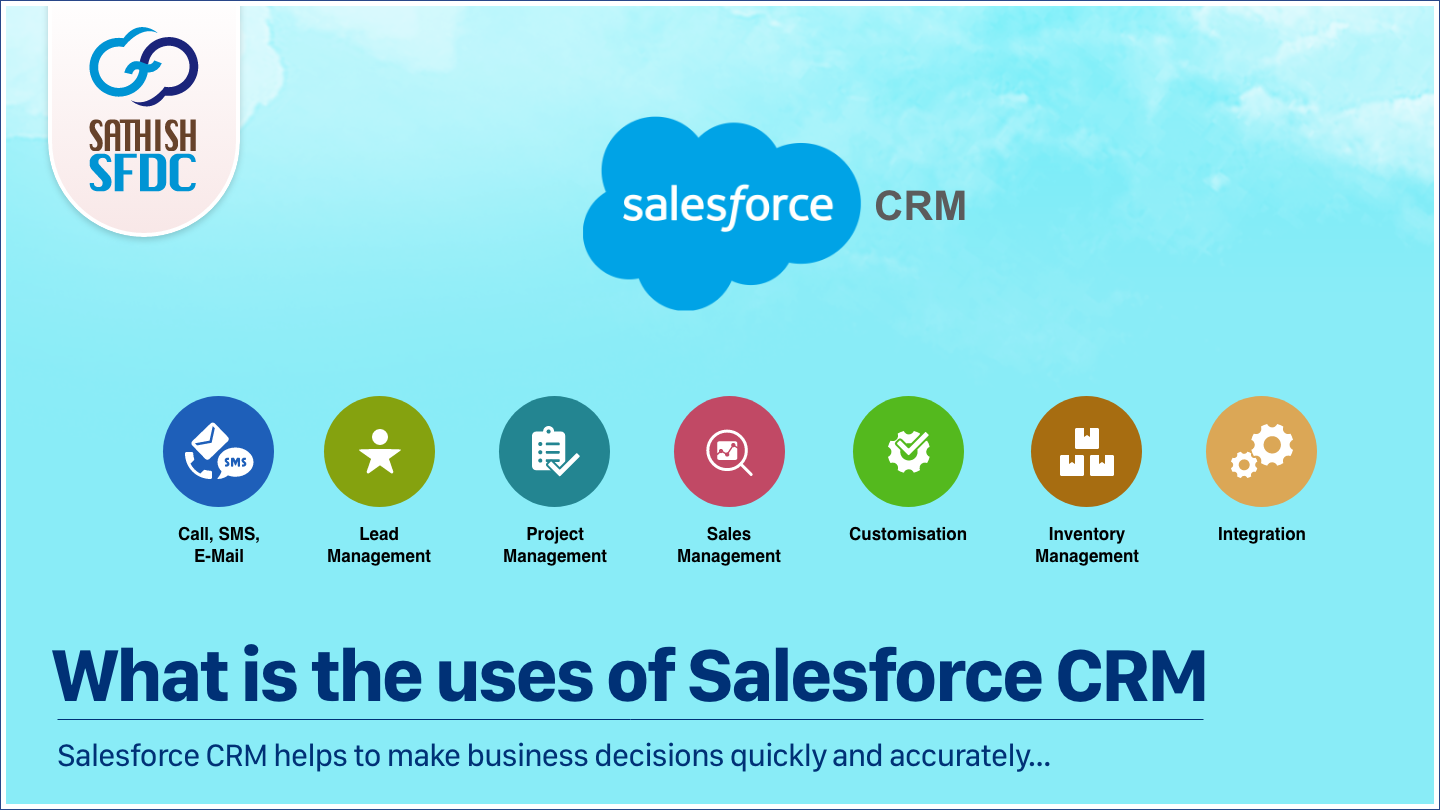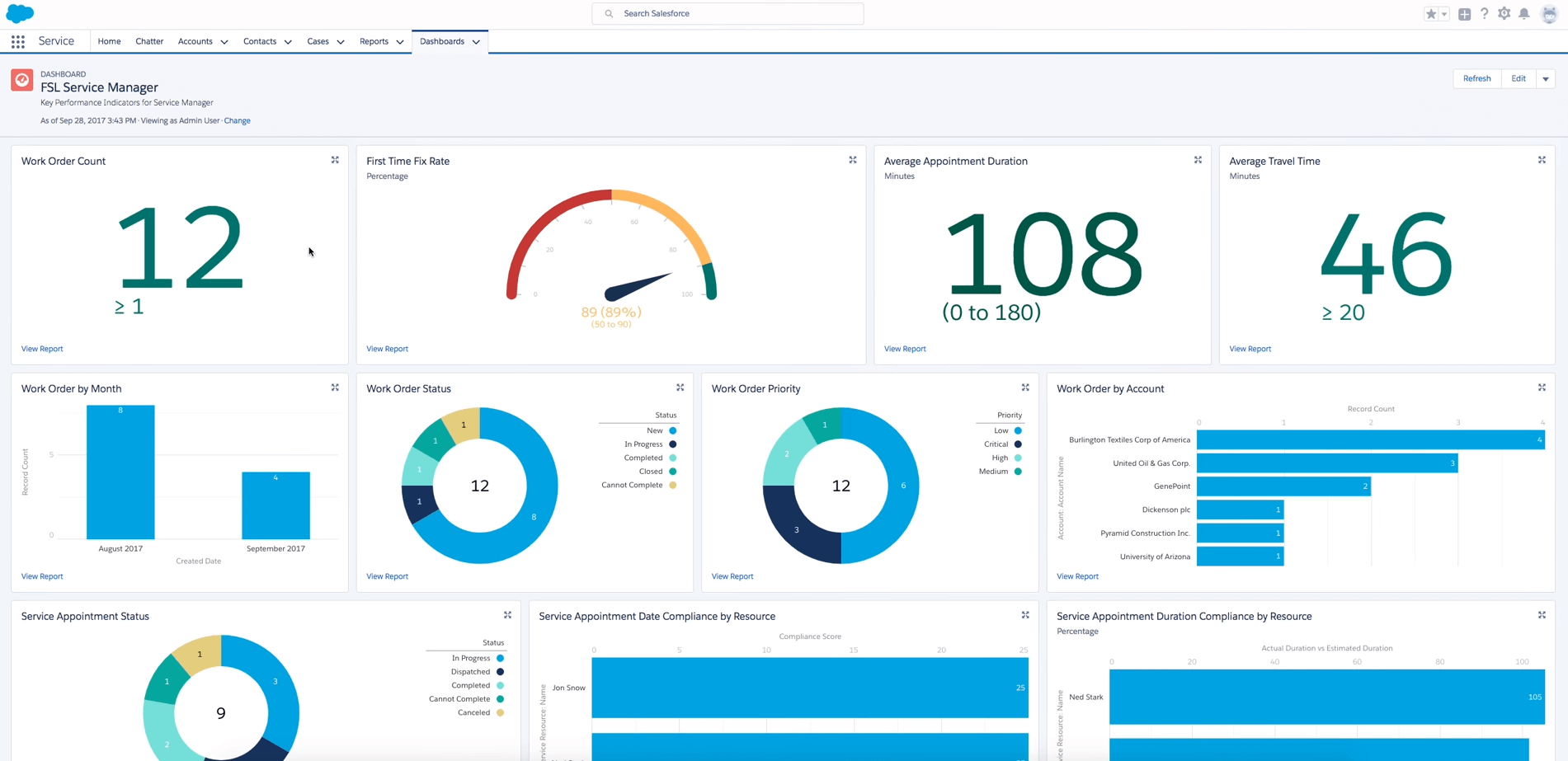Exploring Salesforce.com Inc. (CRM): A Comprehensive Guide
Salesforce com inc crm sets the stage for this enthralling narrative, offering readers a glimpse into a story that is rich in detail and brimming with originality from the outset.
As we delve deeper into the world of Salesforce.com Inc. CRM, we uncover a plethora of information that sheds light on its history, core products, market position, and much more.
Overview of Salesforce.com Inc. (CRM)
Salesforce.com Inc., commonly known as Salesforce, is a leading cloud-based software company founded in 1999 by Marc Benioff, Parker Harris, Dave Moellenhoff, and Frank Dominguez. Headquartered in San Francisco, California, Salesforce has grown to become a key player in the Customer Relationship Management (CRM) industry.
The core products and services offered by Salesforce.com Inc. revolve around cloud-based solutions for sales, customer service, marketing automation, analytics, and application development. Salesforce's flagship product, Salesforce Customer 360, provides a unified CRM platform that helps businesses manage their customer relationships efficiently.
Market Position and Competition
Salesforce.com Inc. holds a dominant position in the CRM market, with a significant market share and a strong reputation for innovation and customer-centric solutions. The company's focus on cloud-based technologies and its commitment to customer success have helped it establish itself as a leader in the industry.
- Salesforce faces competition from other CRM software providers such as Microsoft Dynamics 365, Oracle CRM, and SAP CRM.
- Despite facing competition, Salesforce continues to lead the market in terms of revenue and market share, thanks to its diverse product offerings and strong customer base.
- With a focus on continuous innovation and expanding its product portfolio, Salesforce is well-positioned to maintain its market leadership in the CRM industry.
Salesforce.com Inc. CRM Features
Salesforce CRM is packed with a variety of features that cater to the needs of businesses of all sizes. Let's explore some of the key features that make Salesforce CRM stand out in the market.
Key Features of Salesforce CRM:
- Customizable Dashboards: Salesforce CRM allows users to create personalized dashboards to track key metrics and performance indicators.
- Lead Management: The platform offers tools for efficient lead tracking, scoring, and nurturing to drive conversions.
- Sales Forecasting: Salesforce CRM provides tools for accurate sales forecasting based on historical data and trends.
- Workflow Automation: Users can automate repetitive tasks and streamline processes using Salesforce CRM's workflow automation capabilities.
- Mobile Access: With a mobile app, users can access Salesforce CRM on-the-go, ensuring productivity even outside the office.
Comparison with Other CRM Software:
- Salesforce CRM vs. HubSpot CRM: While HubSpot CRM is known for its marketing automation capabilities, Salesforce CRM offers a more robust suite of sales and customer service tools.
- Salesforce CRM vs. Zoho CRM: Zoho CRM is popular for its affordability and ease of use, but Salesforce CRM stands out with advanced customization options and scalability.
Unique Features of Salesforce CRM:
-
AI-powered Insights: Salesforce Einstein AI technology provides users with predictive analytics and intelligent insights to enhance decision-making.
- Integration Capabilities: Salesforce CRM seamlessly integrates with a wide range of third-party apps and tools, allowing for a comprehensive ecosystem.
- Community Collaboration: Salesforce CRM enables users to collaborate with partners, customers, and employees in a shared digital workspace, fostering teamwork and innovation.
Implementation and Integration

Implementing Salesforce CRM involves several steps to ensure a successful deployment of the system within an organization. The process typically includes customization, data migration, user training, and ongoing support.
Common Challenges During CRM Implementation
- Lack of clear goals and objectives for CRM implementation
- Inadequate user training and adoption
- Data quality issues leading to inaccurate reporting
- Resistance to change from employees
Successful CRM Integration with Other Systems
Integrating Salesforce CRM with other systems is crucial for maximizing its efficiency and effectiveness. Here are examples of successful CRM integrations:
- Integration with marketing automation platforms like HubSpot for seamless lead generation and tracking.
- Integration with accounting software such as QuickBooks for streamlined financial processes.
- Integration with customer service platforms like Zendesk for a unified view of customer interactions.
Use Cases and Benefits
Salesforce CRM is widely used across various industries to streamline processes, improve customer relationships, and boost sales. Let's explore some real-world use cases and the benefits of implementing Salesforce CRM for businesses.
Real-World Use Cases
- Healthcare Industry: Hospitals and healthcare providers use Salesforce CRM to manage patient information, appointments, and follow-ups efficiently. This helps in providing personalized care and improving overall patient satisfaction.
- Retail Sector: Retail companies utilize Salesforce CRM to track customer preferences, purchase history, and behavior patterns. This data enables targeted marketing campaigns, leading to increased sales and customer loyalty.
- Financial Services: Banks and financial institutions leverage Salesforce CRM to streamline the loan approval process, manage client portfolios, and track financial goals. This results in better customer service and improved operational efficiency.
Benefits of Salesforce CRM
- Enhanced Customer Relationships: Salesforce CRM centralizes customer data, interactions, and communication channels, allowing businesses to provide personalized experiences and build lasting relationships with clients.
- Improved Sales Processes: By automating lead management, opportunity tracking, and sales forecasting, Salesforce CRM helps sales teams prioritize tasks, identify growth opportunities, and close deals faster.
- Increased Productivity: The streamlined workflows, automated processes, and intuitive dashboards of Salesforce CRM enable employees to work more efficiently, collaborate effectively, and focus on strategic tasks.
Training and Support

Training and support are crucial aspects of successfully implementing and utilizing Salesforce CRM. Here, we will discuss the various options available for training, the differences between self-paced and instructor-led training, and the types of support provided by Salesforce for CRM users.
Training Options
- Salesforce Trailhead: Salesforce offers a free online learning platform called Trailhead, which provides interactive modules and projects to help users learn Salesforce CRM at their own pace.
- Instructor-Led Training: Salesforce also offers instructor-led training sessions either in-person or virtually, where users can receive hands-on guidance from Salesforce experts.
Self-Paced Learning vs. Instructor-Led Training
Self-paced learning through platforms like Trailhead allows users to learn at their own convenience and pace, while instructor-led training provides more personalized guidance and immediate feedback. Choosing between the two depends on the user's learning style and preference for interaction.
Types of Support
- Online Help and Documentation: Salesforce provides extensive online help resources, including documentation, guides, and FAQs, to assist users in navigating the CRM platform.
- Community Forums: Users can also engage with the Salesforce community through forums to ask questions, share best practices, and troubleshoot issues.
- Technical Support: Salesforce offers various levels of technical support, including phone and email support, for users encountering technical issues or challenges with the CRM platform.
Last Point
In conclusion, Salesforce.com Inc. CRM emerges as a powerhouse in the industry, revolutionizing customer relationships and sales processes. This guide has provided a comprehensive look at the various aspects of Salesforce CRM, showcasing its impact and potential for businesses worldwide.
FAQ Explained
What are the key features of Salesforce CRM?
Key features include sales automation, lead management, contact management, workflow automation, and reporting and analytics.
How does Salesforce CRM improve customer relationships?
Salesforce CRM enhances customer relationships by providing a 360-degree view of customers, personalized interactions, and streamlined communication processes.